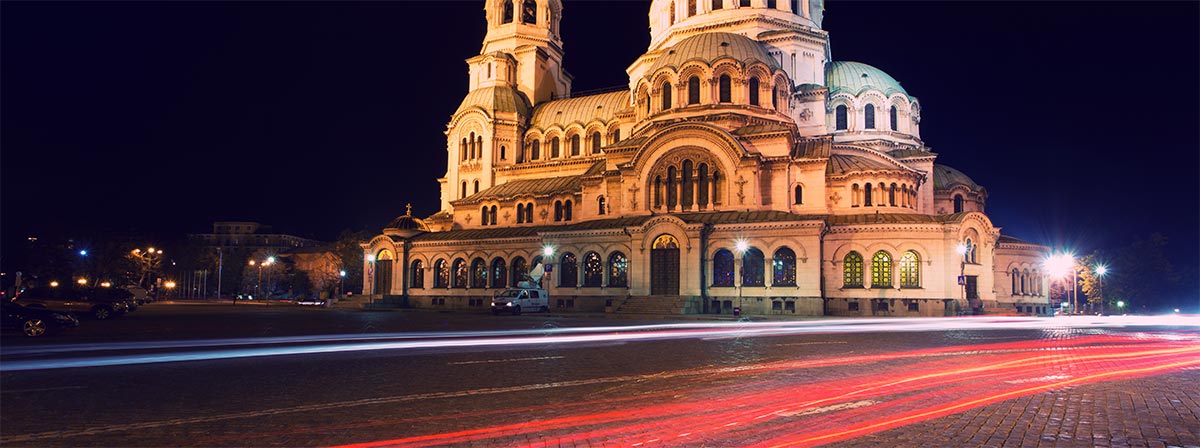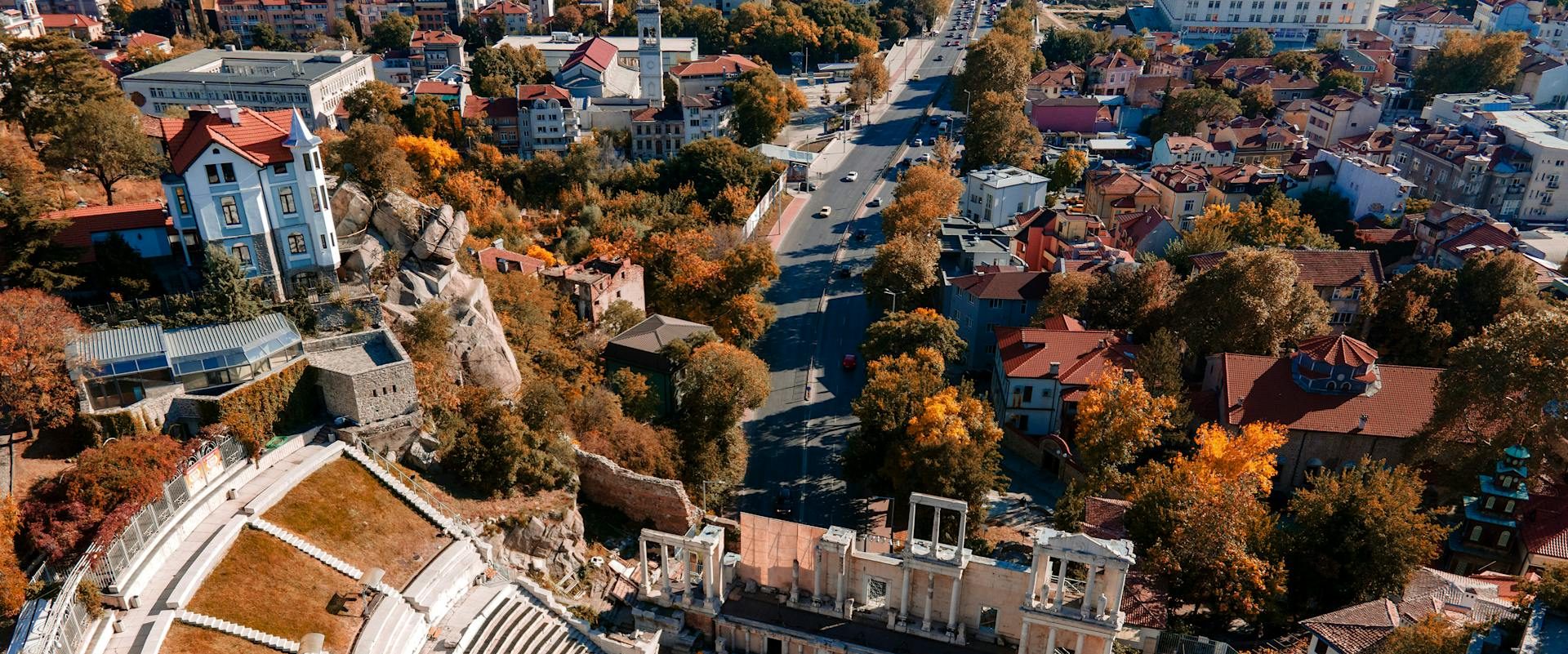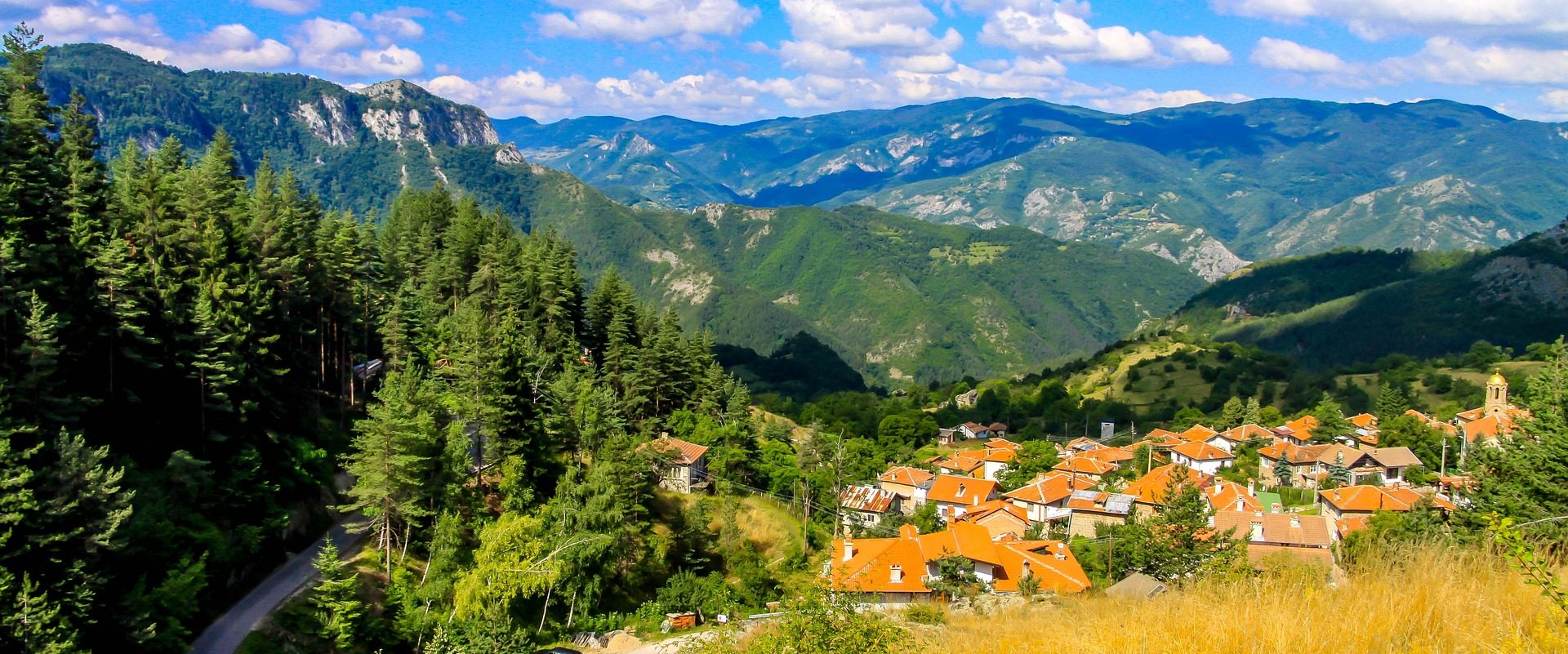
There are several alternative options to driving in Bulgaria available: domestic flights, trains, buses and trams – and fares are very reasonable. In Sofia, there is an excellent underground system. For trains there are discount cards for students, families, and the elderly. And children under the age of seven travel free unless they occupy a seat. For the website for Bulgarian trains click here.
Taxis are easily available in tourist areas – but beware of the prices – always check before you get in. If the windows are open because it is hot they may also be hiding the price list, so don’t be shy about wanting to know how much the journey will cost.
As Bulgaria is a member of the EU, driving regulations are not so unlike those in the UK except that they drive on the right. However, if you stray from the urban areas and main roads you are likely to find potholes and poor road maintenance. Winter conditions can be severe. You will be permitted to use your UK licence to drive in Bulgaria. Headlights must be on at all times from 1 November until 1 March. Mobile cellular telephones may only be used with a “hands free” system. You must carry snow chains from 1 November to 31 March. Snow tyres are not legally essential, although they might be wise.
Documents you MUST carry:
Equipment you MUST carry
Driving and Drinking
The blood/alcohol limit in Bulgaria is 0.5 grams of alcohol per litre of blood. Police can carry out random alcohol tests on drivers at any time. If you refuse then there may be further penalties.
Check here for free quotations of removals to Bulgaria.
 Is Bulgaria a Good Place to Live In?
Is Bulgaria a Good Place to Live In?Is Bulgaria a Good Place to Live In? Bulgaria is in Southeast Europe, and its territory was marked…
 What Does Bulgaria Look Like? A Hidden Gem in Europe
What Does Bulgaria Look Like? A Hidden Gem in EuropeWhat Does Bulgaria Look Like? A Hidden Gem in Europe One of the oldest countries in Europe, nestled…
 British Expats Living in Bulgaria: Hidden Gem You Were Looking For
British Expats Living in Bulgaria: Hidden Gem You Were Looking ForBritish Expats Living in Bulgaria: Hidden Gem You Were Looking For Bulgaria hints at a bit of magic,…